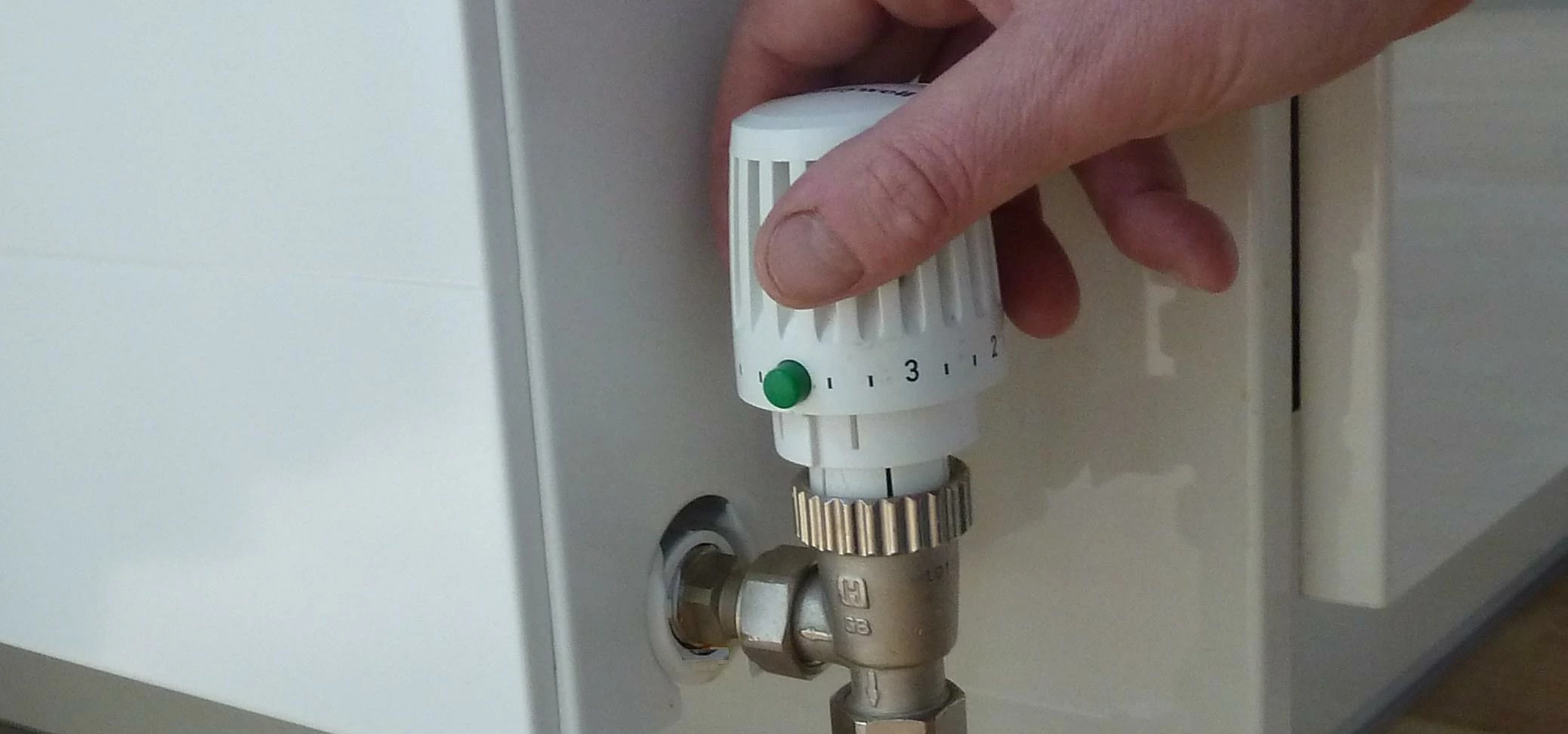
Partner Article
Landlords To Be Faced With New Regulations
In A Nutshell: Heat Network (Metering and Billing) Regulations 2014
By 31 December 2015 heat suppliers must submit a notification to the National Measurement Office (NMO) with details, including:
- The location of the communal heating - The estimated total of the heating capacity, generation and supply per calendar year - The number and type of buildings being supplied with heat - The number and type of meters installed - The number of final customers supplied by the communal heating
A national utility service for landlords has warned that the industry must be aware of new tenant heating regulations if its to avoid hefty fines and severe financial pressure.
One Utility Bill, which offers and all-inclusive billing service for letting agents and landlords, has said that the latest spate of initiatives unveiled by the European Energy Efficiency Directive may have been overlooked.
The organisation is concerned the new Heat Network Regulations may place unnecessary and impractical pressure on letting agents and landlords at a time when they are still getting to grips with potential new policies put forward by the new Conservative government.
Its Managing Director Chris Dawson believes the new rules could in principal have a big impact on landlords who have a large portfolio or have “multi-let” buildings.
He said: “If you’re a landlord of any property with a communal heating system supplying heating, cooling or hot water to two or more tenants, you will be affected as a “heat supplier”.
“We strongly believe that it would be unfair to punish landlords who are trying to enhance their tenants quality of life by making their lives simpler. We really hope that this isn’t an unnecessary regulation which will harm the industry.
According to the new policy, “Heat suppliers” must notify the National Measurement Office (NMO) by 31 December 2015 of the presence of a communal heating system.
Details must also include information about the heating system, the number of final customers and meters, and the estimated capacity and consumption.
Despite the new changes, One Utility Bill believes that companies like theirs - who offer an all-inclusive billing service for Landlords and letting agents - is fastly becoming the norm.
Chris Dawson, added: ““Offering larger properties an all-inclusive billing service is becoming the norm and hundreds of landlords nationwide are seeing the value of offering this to their tenants. The new regulations won’t change a thing in that respect.
“A landlord who offers their property as bills inclusive is taking on the responsibility to pay for all of the utilities consumed within that property, within a fair usage policy, therefore there is no need to install meters in each individual room.
“Of course the tenant often does pay for the cost of the utilities through rent increases, however this new scenario isn’t the case of a landlord buying the required utilities and reselling them to the tenant. This situation is similar to a hotel visit. The hotel wouldn’t charge a person for the utilities they consume.”
This was posted in Bdaily's Members' News section by Jon Corbett .
Enjoy the read? Get Bdaily delivered.
Sign up to receive our daily bulletin, sent to your inbox, for free.








 Raising the bar to boost North East growth
Raising the bar to boost North East growth
 Navigating the messy middle of business growth
Navigating the messy middle of business growth
 We must make it easier to hire young people
We must make it easier to hire young people
 Why community-based care is key to NHS' future
Why community-based care is key to NHS' future
 Culture, confidence and creativity in the North East
Culture, confidence and creativity in the North East
 Putting in the groundwork to boost skills
Putting in the groundwork to boost skills
 £100,000 milestone drives forward STEM work
£100,000 milestone drives forward STEM work
 Restoring confidence for the economic road ahead
Restoring confidence for the economic road ahead
 Ready to scale? Buy-and-build offers opportunity
Ready to scale? Buy-and-build offers opportunity
 When will our regional economy grow?
When will our regional economy grow?
 Creating a thriving North East construction sector
Creating a thriving North East construction sector
 Why investors are still backing the North East
Why investors are still backing the North East